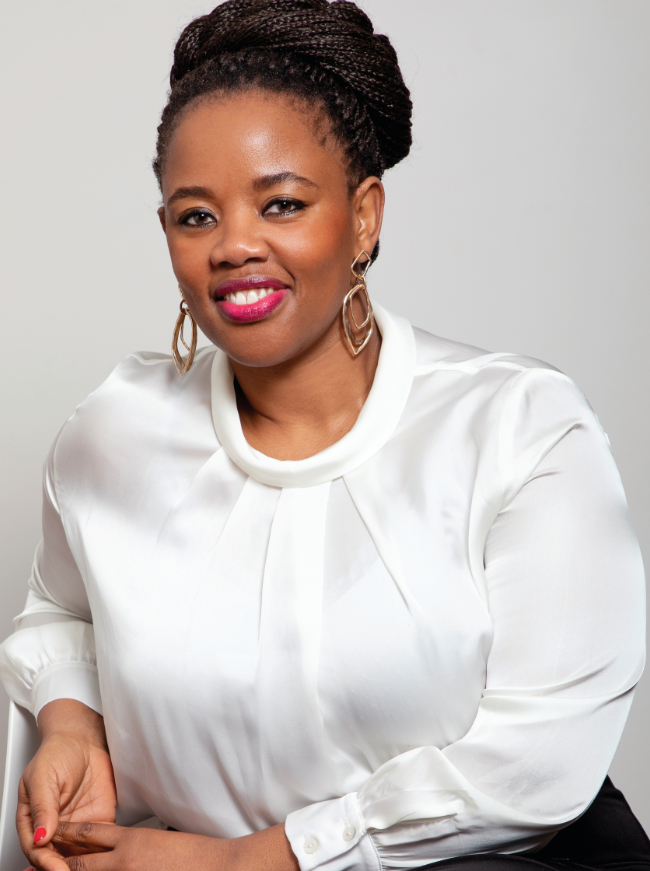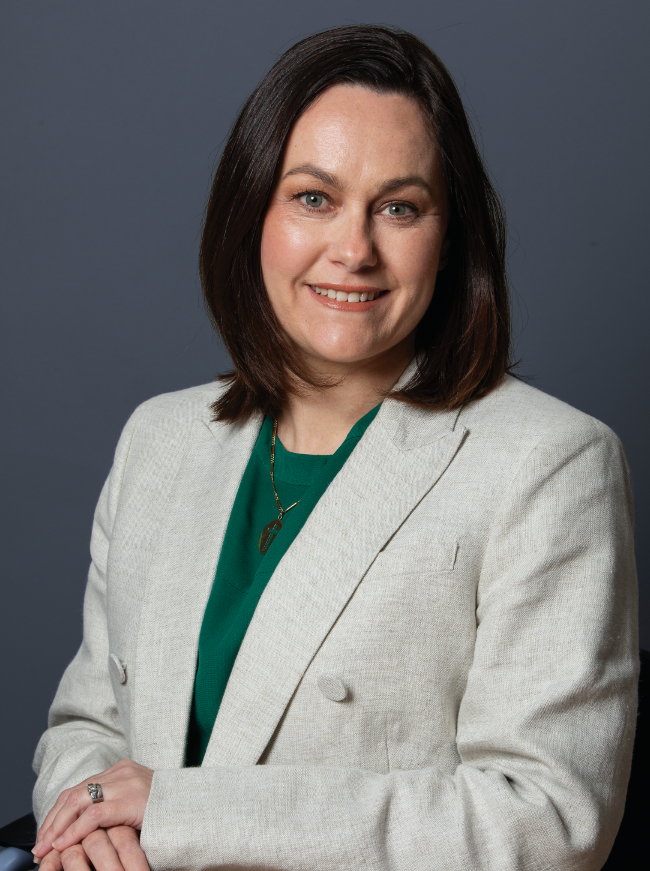Going back to the classroom is paying dividends for SA’s small-scale fishers (SSF) – literally – with the lessons they learn enabling them to increase their income. This was revealed in an independent impact assessment report into a programme appropriately called Co-operative Sense.
It’s a collaboration between SA’s largest fishing company, the Oceana Group; its dedicated training facility, the Oceana Maritime Academy; the Department of Forestry, Fisheries and the Environment (DFFE); the National Sea Rescue Institute (NSRI); and Dyna Training. Together they are delivering comprehensive training and mentorship programmes in coastal regions. These target small-scale fishers who fish to meet food and basic livelihood needs, and aim to help them turn fledgling fishing co-operatives into successful, sustainable SMMEs.
To date nearly 1 000 fishers who belong to co-operatives in the Eastern Cape, Western Cape, Northern Cape and KwaZulu-Natal have attended the courses. The programme is also training 166 mentors and 100 co-operative members in generic management and new venture creation.

The Co-operative Sense course provides theoretical and practical training in how to set up and run a co-operative. This includes branding and marketing, agreeing a code of conduct and constitution, financials and budgeting, management and sales, and sustainable fishing practices. The NSRI delivers a practical safety at sea course that covers preventative safety and how to handle emergencies.
Co-operative Sense is the culmination of a two-year consultation programme with the DFFE and small-scale fishing co-operatives. This is aimed to ensure the programme is effective, relevant and addresses fishers’ most pressing needs. Importantly it also helped secure their buy-in. Evidence of this is the 85% attendance rate at the two-day courses.
Of the programme participants surveyed by Mthente Research Services, 25% were entirely dependent on small-scale fishing to make ends meet. On average 2.6 children per household depended on the respondents.
The survey found that the 17% of participants earning the least from small-scale fishing were able to increase their income by 10%, to between R1 228 and R2 470 a month after completing the course. The 4% at the top end of the earning spectrum were able to earn between R9 981 and R19 716, or 2% more, as a result of the training.
Other outcomes of the training included:
- 94% had an understanding of the benefits of a co-operative, compared to 52% before
- 61% found it easier to run a co-operative
- 43% found it easier to be profitable
- Community awareness of the co-operative improved from 27% to 84%
- A 90% improvement in customer relations
- 98% had an understanding of surplus and profits
- 84% gained knowledge on how to respond to emergencies at sea.
The research also found that the primary markets for small-scale fishers are private sales at 43%, while local tourism contributes 24%. Commercial operations account for only 12% of sales. In summary the report found that ‘the small-scale fishers training programme successfully meets the needs of participants and has a positive impact on their lives and communities’.
Zodwa Velleman, Oceana’s corporate and regulatory affairs executive, says that while the findings were overwhelmingly positive, there is room for improvement. ‘The researchers were asked to take a critical look at the programme and there are definitely areas that we can improve on. For example, only 21% of the respondents had a business bank account, citing financial issues, insufficient income or the bank branch being too far away as reasons. Clearly this is something we have to address. There also needs to be more focus on budgeting.’ She also encourages more mentoring in communities to foster continuous learning.
‘We’ve made a good start, but the focus must now to be to build on the knowledge and enthusiasm of this first cohort of participants. These co-operatives provide employment and food security, often in communities where both are scarce. They are the bedrock of the fishing sector and getting this right benefits not only them and their communities, but the industry and, ultimately, the country.’
Although Co-operative Sense is an important part of unlocking the potential of the country’s oceans economy, it’s just one aspect of Oceana’s ongoing involvement with the sector. Pivotal to its efforts is the Oceana Maritime Academy in Hout Bay, which aims to address the scarcity of critical skills in fishing. Opened in March 2021, the academy is housed in part of a fish factory, repurposed at a cost of R40 million. The bespoke 2 340 m2 facility includes an 85-seater auditorium, four training rooms, two computer-training rooms, three meeting rooms, a canteen, first-aid and firefighting training facilities, and an indoor swimming pool for practical safety at sea training.

In addition to supporting Co-operative Sense and hosting some of the training, the academy offers courses for Oceana employees and new entrants to the industry, as well as to Hout Bay and surrounding communities, such as the Cape Flats. The courses range from numeracy and literacy to tertiary courses.
Sector-specific training includes various courses from sea safety and first-aid training to professional maritime training. The surrounding communities benefit from courses such as health and safety training, as well as first aid, with firefighting being the latest offering.
The curriculum is intended not only for participants who go to sea, but also future generations of management and leadership in the industry. Oceana also runs various leadership development programmes for employees. Oceana invests annually to deliver the training courses.
Bronwynne Bester, chief people officer at Oceana, says the academy is helping to grow the country’s fishing industry by addressing the skills shortages, particularly business and entrepreneurship, and encouraging inclusion and life-long learning. ‘This is important because, besides the fishing industry, there’s so much more potential in the oceans economy. Aquaculture, ecotourism, renewable energy and marine biotechnology are just some examples. Providing the right skillsets will help unlock these opportunities.’









